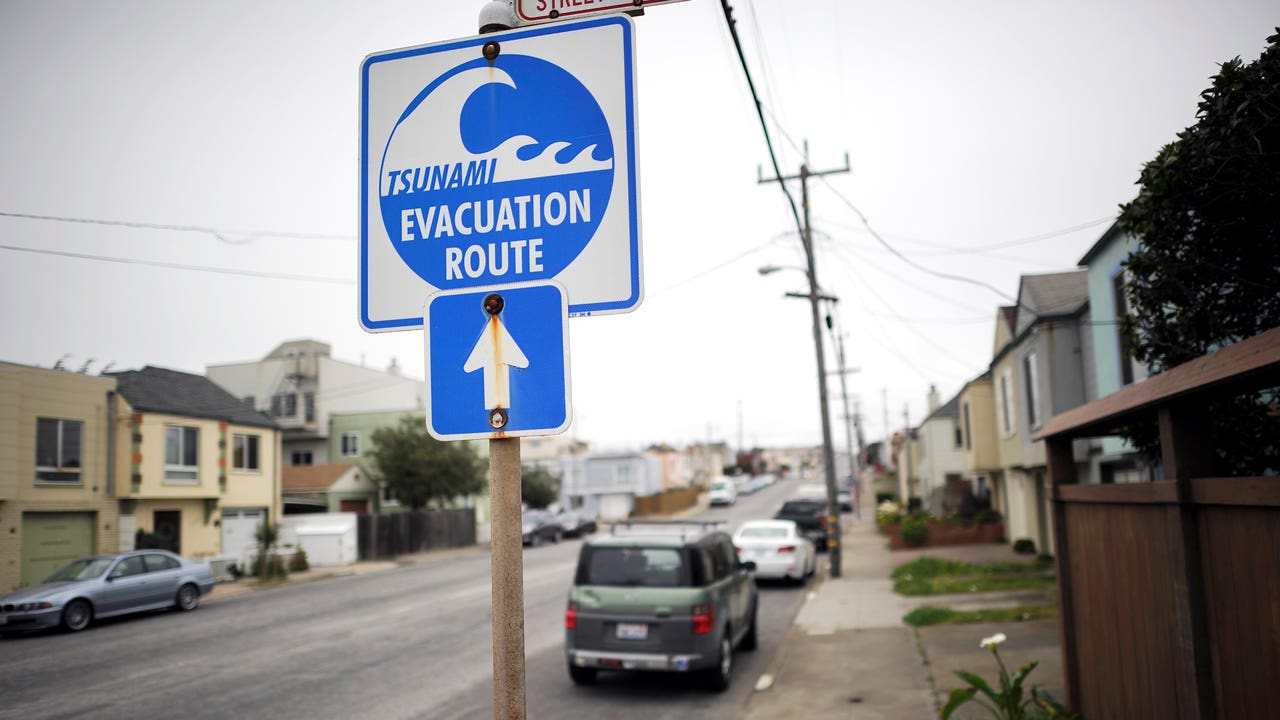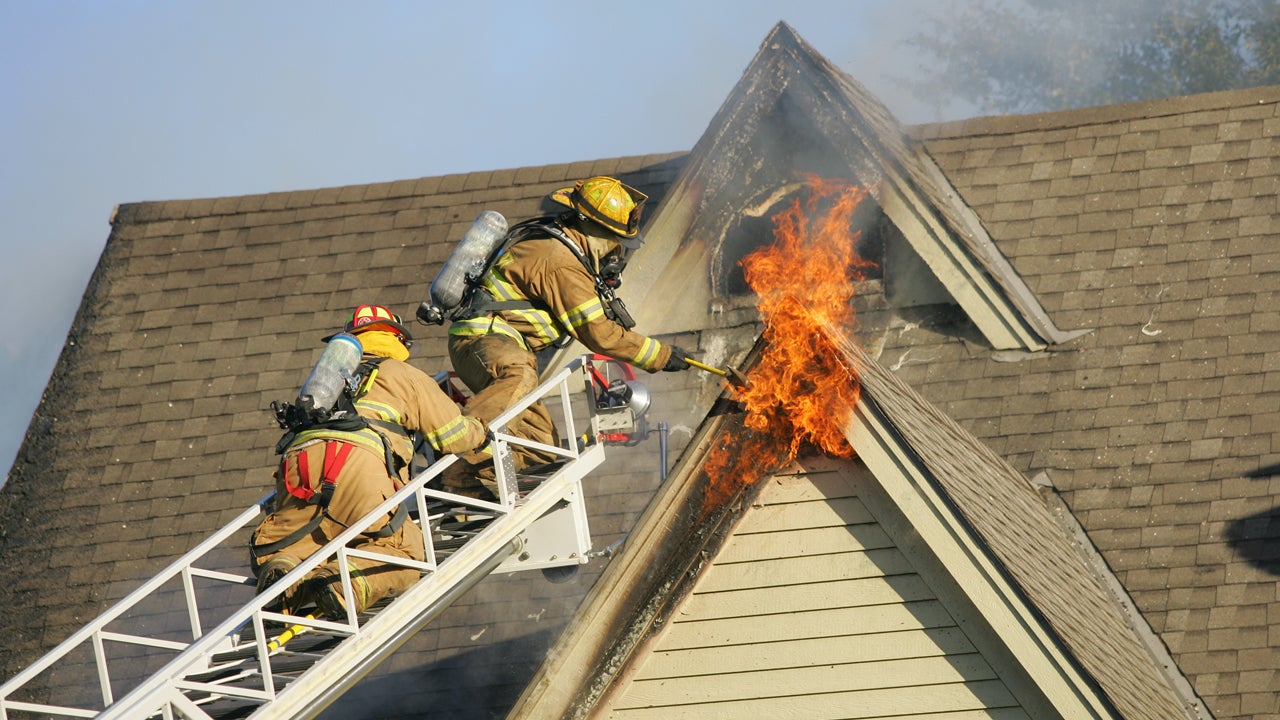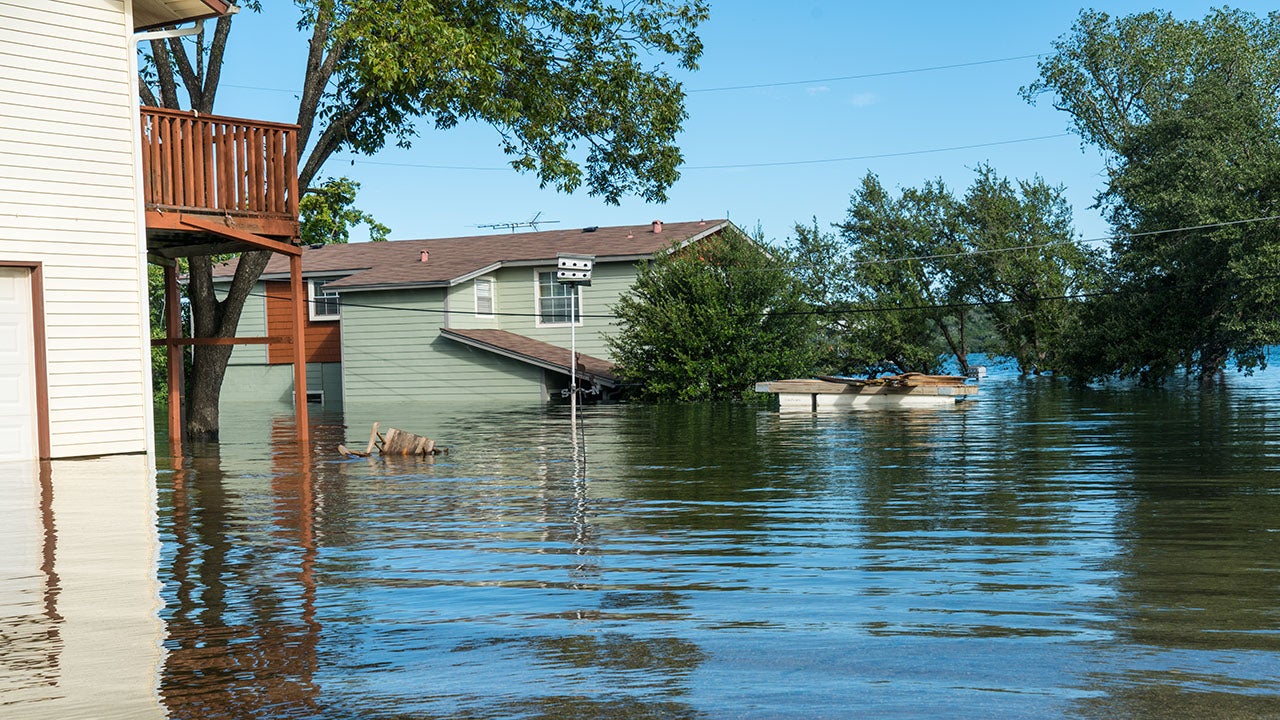Does homeowners insurance cover tsunami damage?

Tsunamis are one of nature’s most powerful forces, capable of displacing entire communities and causing widespread property damage. If you live in a tsunami-prone area, you might wonder whether your home insurance policy offers financial protection.
In most cases, standard homeowners insurance does not cover tsunami damage. That means if a tsunami floods or destroys your home, you’d likely be left covering the costs out of pocket — unless you have the right protection in place.
This is where Bankrate’s team of insurance experts can help. We break down your options for tsunami coverage and guide you through the process of securing financial protection before disaster strikes.
Common types of damage caused by tsunamis
Tsunamis are incredibly powerful and destructive waves formed when a large body of water is displaced, and are usually the result of earthquakes and volcanic activity. Because of this, tsunami damage is varied and widespread.
Tsunamis — the waves themselves — can cause the following types of damage:
- Flooding
- Damage to homes due to the force of water
- Power outages
- Debris buildup
Additionally, the earthquake or volcanic eruption that initially caused the tsunami can also create additional hazards. Earthquakes and volcanic activity can cause:
- Property damage
- Fires
- Landslides
The cost of the damage caused by earthquakes, volcanic eruptions and the resulting tsunamis can be high. If you are far enough away from the epicenter of the earthquake or volcanic eruption, or far enough away from the coast where the tsunami hits, you may not experience much damage. The closer you get to the epicenter or coast, however, the greater damage you’re likely to experience.
Does homeowners insurance cover tsunami damage?
It depends on the type of damage. Standard home insurance policies do not cover damage caused by flooding or earthquakes. If a tsunami wave itself or an earthquake that causes a tsunami damages your home, you will not have coverage under a standard home insurance policy.
However, volcanic eruption is a covered homeowners insurance peril. While earthquake or flood damage won’t be covered if you have a standard policy, coverage for damage caused directly by a volcanic eruption should be. This could include damage caused by shockwaves, ash and lava. To determine what the specific policy is that’s responsible for paying for the damage will depend on what is damaged. If your home is damaged, for example, your dwelling coverage would pay. If your belongings are damaged, your personal property coverage would pay.
Does flood insurance cover tsunami damage?
Since standard homeowners insurance doesn’t cover tsunamis, you might be wondering if flood insurance can step in to fill the gap.
In most cases, yes — flood insurance covers damage caused by a tsunami. While generally optional, flood insurance may be required if you have a mortgage in a high-risk flood zone. It’s available through the National Flood Insurance Program (NFIP) and private insurers, offering two main types of coverage:
- Dwelling coverage: Pays for flood-related damage to the structure of your home.
- Personal property coverage: Covers belongings like furniture, clothing and electronics, but only if you opt to include it in your policy.
You can purchase a dwelling-only policy or a combination of both, but personal property coverage cannot be purchased on its own.
However, the timing of securing coverage matters. If a tsunami is already forming, it’s too late to buy flood insurance. Most policies have a 30-day waiting period before coverage takes effect, with limited exceptions (such as when purchasing a new home). Because flood insurance must be paid annually and upfront, planning ahead is important — especially if you live in a coastal or high-risk flood zone.
Does earthquake insurance cover tsunami damage?
So, your home policy covers damages caused by volcanic eruptions and you can purchase a flood policy to cover the damages caused by tsunami waves, but what about the damage caused by earthquakes?
Earthquake coverage is a common home insurance endorsement, so you might be able to add coverage for earthquake damages to your existing home insurance policy. If you’re in a particularly high-risk area, you might need to buy a separate policy.
Earthquake insurance won’t cover the water damage from tsunamis or damage caused by a volcanic eruption associated with a tsunami. However, having an earthquake endorsement or policy could help provide financial protection from the damages caused by earthquakes that create tsunamis. Not all earthquakes create tsunamis, but they can still damage your home. Damages from non-tsunami earthquakes would also be covered by an earthquake endorsement or policy.
States at risk of tsunamis
Tsunamis might not be top of mind for most U.S. residents, but several states face real and varying levels of risk. According to FEMA, the states most vulnerable to tsunamis include Alaska, Hawaii, Washington, Oregon and California, with risk levels ranging from moderate to very high, depending on location.
High-risk areas
- Hawaii: Sitting in a seismic hotspot, Hawaii has the highest tsunami risk in the U.S. The islands have seen destructive tsunamis in the past, and both local and distant earthquakes can trigger dangerous waves.
- Kenai Peninsula, Alaska: This area is one of the most tsunami-prone regions in the state thanks to its proximity to the Aleutian Trench, a highly active seismic zone.
Moderate-risk areas
- Alaska (excluding the Kenai Peninsula): Much of Alaska’s coastline faces a moderate tsunami threat, but its remote geography reduces the impact on densely populated areas.
- Washington, Oregon; and Northern California: These areas sit along the Cascadia Subduction Zone, a fault line capable of producing a massive tsunami if a major earthquake strikes. While the chances of this happening are low, experts warn that if it does, coastal communities could be hit hard.
Low-risk areas
- Southern California: While not immune to tsunamis, the risk is lower compared to the Pacific Northwest. However, tsunamis caused by distant Pacific earthquakes can still reach California’s coastline, leading to flooding and damage in low-lying coastal areas.
Why tsunami risk matters for homeowners
If you live near the coast, understanding your tsunami risk isn’t just about safety — it’s about protecting your home and finances. Standard homeowners insurance doesn’t cover tsunami damage, so if you’re in a high-risk zone, you may need to look into flood insurance through the NFIP or private insurers.
Taking the right precautions can help minimize the financial and personal risks of a tsunami. Here’s what homeowners can do:
- Know your evacuation routes and sign up for early warning alerts.
- Review your insurance options — flood coverage may be a smart addition.
- Have a plan in place for securing your home and protecting valuables.
Tsunamis may be rare, but when they strike, they can be devastating. A little preparation now can make a big difference later for both your physical safety and financial protection.
Frequently asked questions
Why we ask for feedback Your feedback helps us improve our content and services. It takes less than a minute to complete.
Your responses are anonymous and will only be used for improving our website.
You may also like

Does your homeowners insurance go up after a claim?

Does homeowners insurance cover snow damage?

Does homeowners insurance cover fire damage?

Does homeowners insurance cover flooding?


